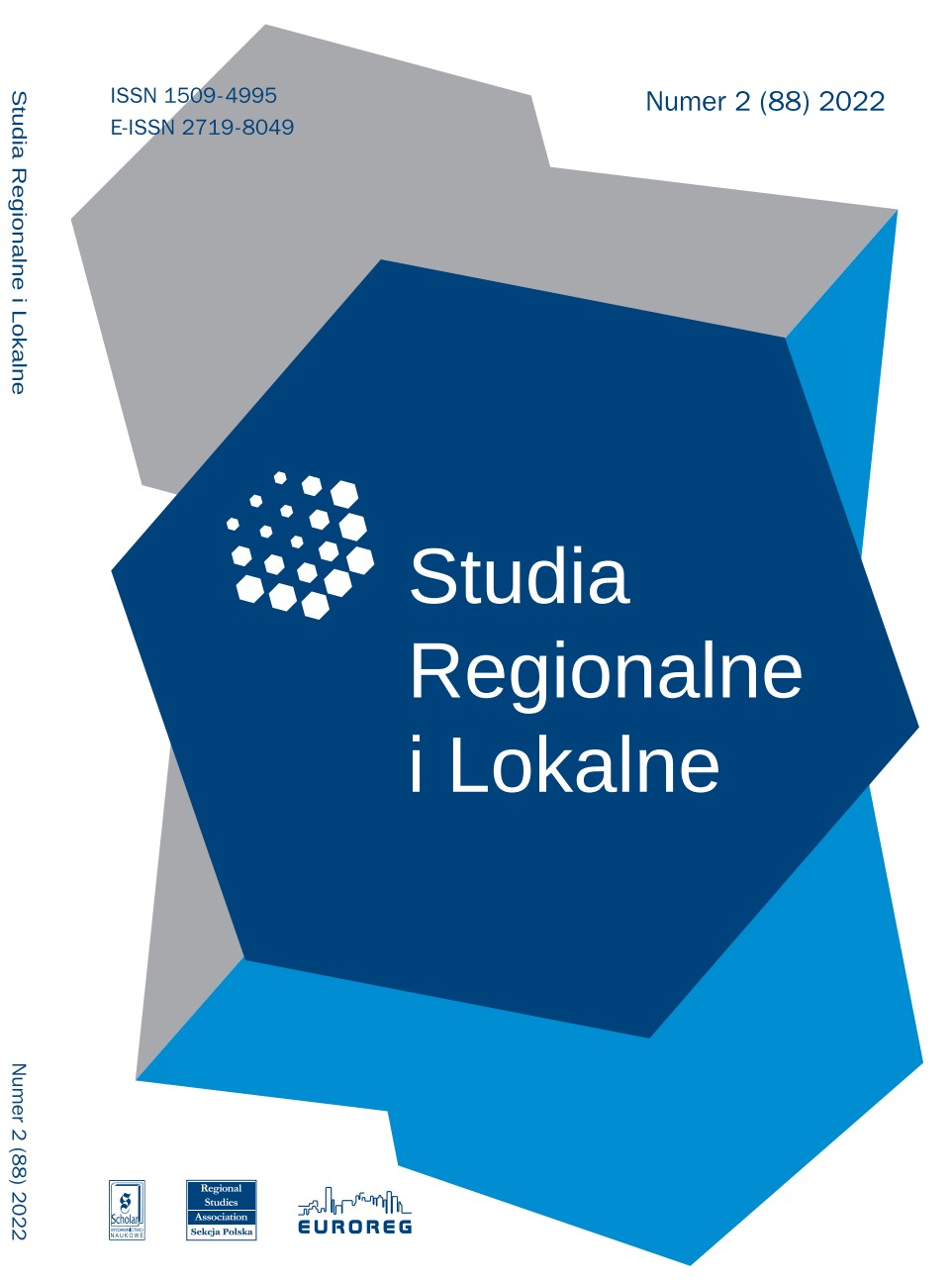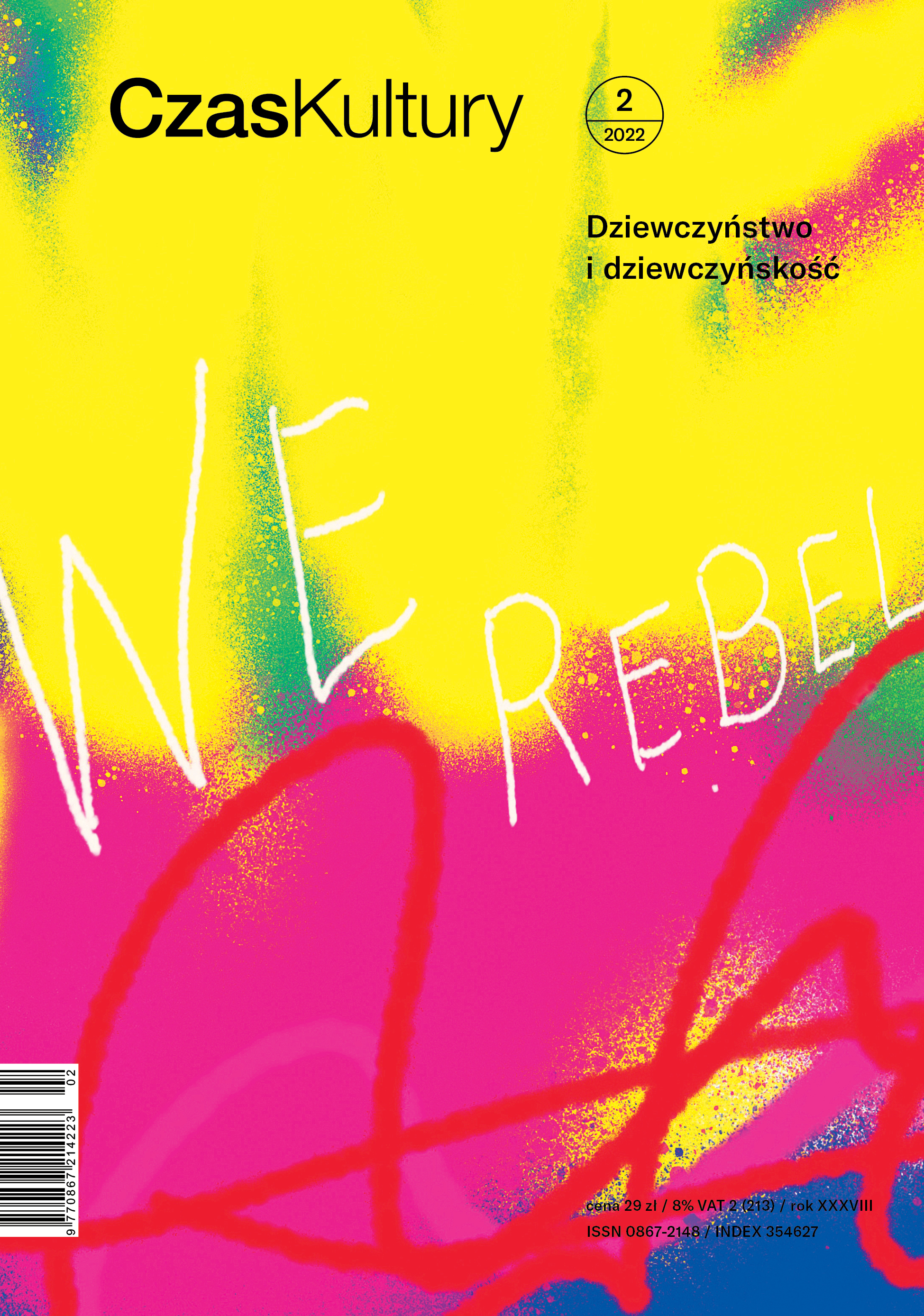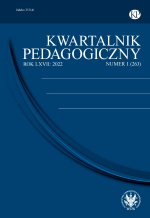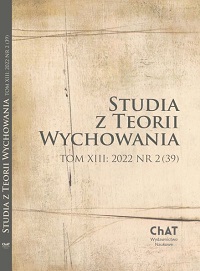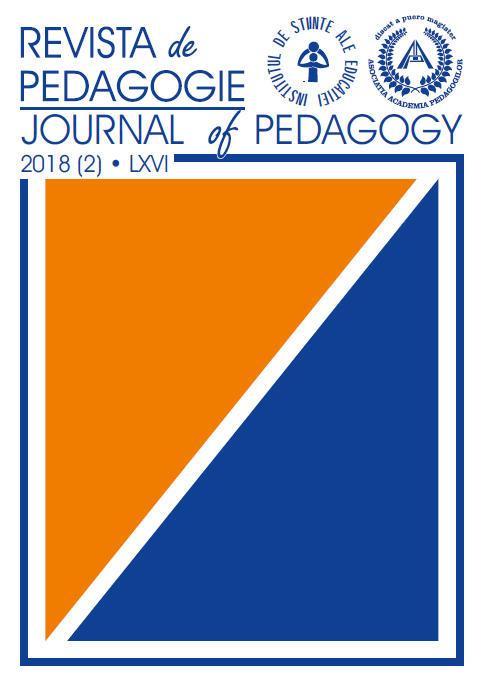
PROGRAMA DE MATEMATICĂ PENTRU GIMNAZIU: UN ECHILIBRU ÎNTRE MODERN ŞI TRADIŢIONAL
After new math curriculum for the middle school (5th – 8th grades) came into force, in 2017, it was found that significant differences between the formal curriculum, thought by school curriculum designers, and the curriculum interpreted by teachers and applied in class, may appear, even when teachers have participated in curricular training courses. These differences can be determined by factors such as teaching habits, class level, manual used, or even the national exams at the end of the 8th grade. Starting from the general idea that it is necessary for teachers to decode correctly and to accept the new vision of constructing mathematical knowledge using the curriculum, this paper details the new aspects of the middle school mathematics. Their presentation is reported for each section of the program, insisting on the differences from the previous version. The article could be useful to providers of didactic training programs for middle school mathematics teachers, as well as to teachers who wish to design and develop various didactic resources for mathematics, in accordance to the new curriculum.
More...
